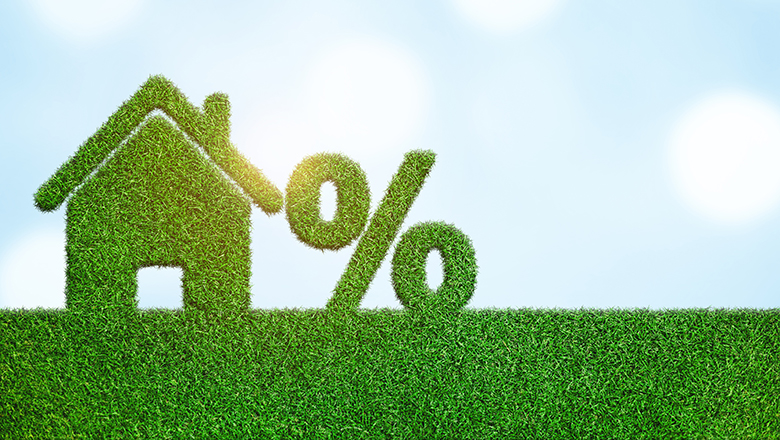Ready to refinance?
Low interest rates have many of us wondering if we should make the leap and re-finance our current home mortgage. In many cases, the answer is “yes.” But there are some exceptions and you should know your options before you jump into a mortgage refinance.
It’s important to know what a refinance is: it’s a new mortgage to replace your existing mortgage. The current mortgage-holder is paid and a new loan is initiated. In general, the goal of a mortgage refinance is to lower your monthly payment and save on interest payments in the long run. There are some additional reasons to consider a mortgage refinance.
Lower your interest rate.
If you can reduce your current loan rate by a minimum of ½%, then a refinance is probably a good financial move for you. Remember to calculate the closing costs into the overall savings effect before you refinance – ask your lender to provide an early estimate to consider.
Shorten your loan term.
You may move from a 30-year to a 15-year mortgage at a lower rate. Your monthly payments may be a little higher but you will pay less overall with a lower interest rate. If the rate is low enough, your payments likely will not increase too much.
Fix your interest rate.
You may currently have an ARM (Adjustable-Rate Mortgage), which offers lower monthly payments in the beginning of your loan. If the rates have adjusted upward, or you are facing a significant balloon payment, you may want to refinance to a fixed-rate loan to provide more stability.
Eliminate mortgage insurance.
If you didn’t have a 20% down payment, your lender required you to have insurance on the loan. The cost of that insurance has been factored into your monthly loan payments. If you have now accrued at least 20% equity in your home, you can refinance the loan to remove the insurance requirement and lower your payments.
Tap into your equity.
Your home is an investment and one way it pays dividends is by allowing you to use the equity in your home. If want to make improvements on your home or pay for a college education, you might consider refinancing your existing mortgage and using the equity you have built up to cover the costs.
Refinancing a mortgage is not without costs, and that needs to be factored into whether or not this is the best time for you to refinance. Typically, you will have closing costs on the loan that could amount from 2% – 5% of your remaining principal. You may have to hire a lawyer to help you understand the lending terms and associated paperwork. These fees add up to significant amounts; sometimes more than $5000.
A reduction in loan rates of at least ½% will help you to recover those costs. Typically, it takes 3 – 5 years to recover the closing costs from refinancing a mortgage loan. If you don’t plan to stay in your home for at least 5 years, refinancing might not be the best option for you.
Before refinancing your mortgage, do your homework. Start by determining what it is you are trying to achieve financially by refinancing. How does this fit into your overall financial picture and your goals? Research your options for lending rates and fees. Work with a lender you can trust. Homewood Federal Savings Bank manually underwrites all of its loans and will never sell your loan. That makes Homewood Federal Savings Bank a partner in your financial success. Our neighborhood bankers will work closely with you to understand your unique financial situation and develop a personalized approach for you.

Comments are closed.